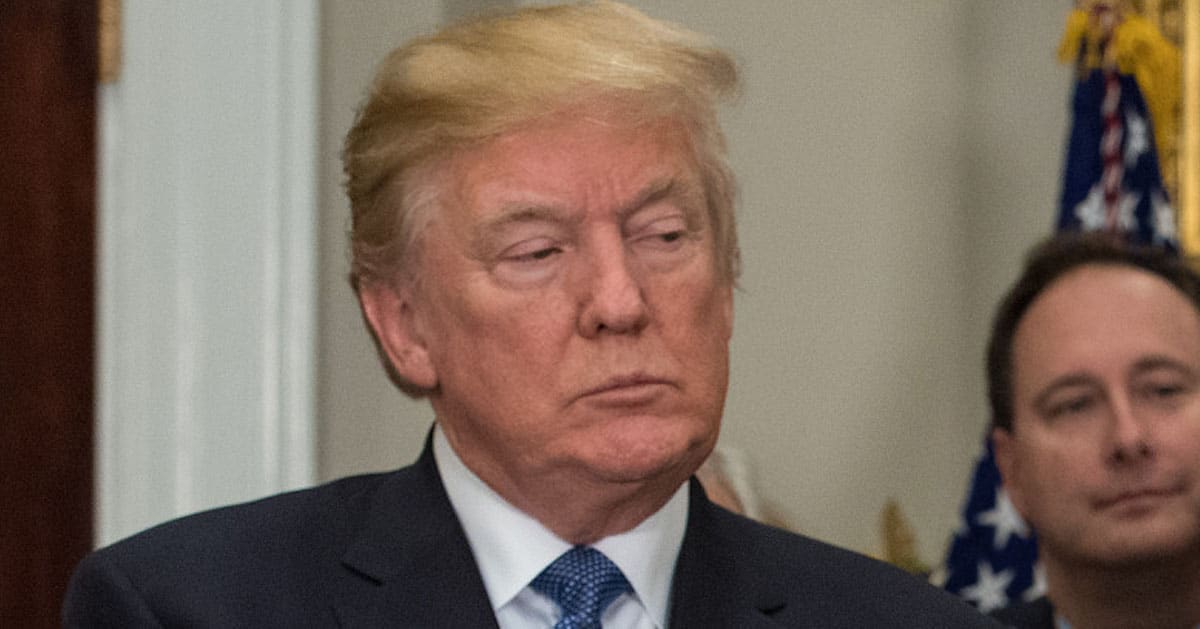



A 25-year-old man’s chilling attempt to kidnap Memphis Mayor Paul Young shatters the city’s narrative of declining crime. Trenton Abston’s arrest on June 18, 2025, exposes a stark contrast between official optimism and street-level reality. Conservative Memphians, wary of progressive safety claims, see this as a wake-up call.
Fox News reported that Abston, charged with attempted kidnapping, stalking, and aggravated criminal trespass, was caught after allegedly scaling a wall to Young’s neighborhood.
Memphis Police nabbed him with a TASER, gloves, rope, and duct tape in his vehicle—tools of a predator, not a reformer’s success story. The incident unfolded days after Young’s rosy crime stats hit social media.
On June 17, 2025, sports analyst Stephen A. Smith sparked controversy on ESPN’s "First Take," claiming NBA players like Jimmy Butler view Memphis as unsafe.
His comments drew fire from Young and Grizzlies star Ja Morant, who rushed to defend their city’s honor. Smith’s blunt truth, though, resonates with those skeptical of sanitized crime reports.
Memphis Police credited public and private security cameras for Abston’s swift capture. Footage showed him creeping toward Young’s home, a bold move in a city supposedly “rising.” Yet, the department’s refusal to release the video raises questions about transparency in a progressive-led administration.
Abston remains in Shelby County jail with no bond, per records accessed on June 20, 2025. The public defender’s office, silent on whether he has counsel, mirrors the city’s tight-lipped response. This opacity fuels distrust among conservatives who demand accountability over platitudes.
Young’s X post on June 17 boasted significant crime drops in 2024 and 2025, a claim now overshadowed by Abston’s actions. “Memphis is rising and we’ve got the numbers,” he tweeted, inviting Smith to visit. Numbers don’t stop stalkers, and residents know boasts don’t equal safety.
Smith’s ESPN remarks cut deep, calling Memphis a “great sports town” but warning of an “element” scaring NBA stars. “You’ve got to clean some of that stuff up,” he urged local authorities. His candor, dismissed by Young as outdated, aligns with conservative calls for tougher law enforcement.
Ja Morant, quick to clap back on X, mocked Smith’s “cap” sources and focus on Memphis over the NBA finals. His loyalty is admirable, but deflecting criticism doesn’t erase the duct tape in Abston’s car. Fans love the Grizzlies, but safety concerns linger like an unpaid bill.
Young’s response leaned on feel-good rhetoric: “Best fans in sports? True. People of Memphis? Unmatched.” Yet, Abston’s arrest undermines his “delivering change” mantra. Conservatives argue that prioritizing image over enforcement invites chaos, and this incident proves their point.
Memphis Police issued a stern statement: “We take any potential threat seriously and will continue to act swiftly.” Their commitment sounds reassuring, but conservative skeptics wonder if rapid arrests mask deeper systemic failures. A mayor nearly kidnapped isn’t a ringing endorsement of progress.
The department’s reliance on cameras highlights a double-edged sword—tech aids arrests, but doesn’t prevent crime.
Abston’s toolkit suggests premeditation, not a spur-of-the-moment act. Residents deserve more than reactive policing; they want prevention, not press releases.
Young’s office and the Shelby County Sheriff’s Department dodged comment, leaving citizens in the dark. This silence, coupled with unreleased footage, feeds perceptions of a city more focused on optics than answers. Transparency, not tweets, builds trust in a shaken community.
Young’s claim of plummeting crime now feels like a politician’s sleight of hand. Conservatives, long critical of progressive soft-on-crime policies, see Abston’s actions as evidence of misplaced priorities. A mayor preaching safety while dodging a kidnapper’s rope invites skepticism, not applause.



